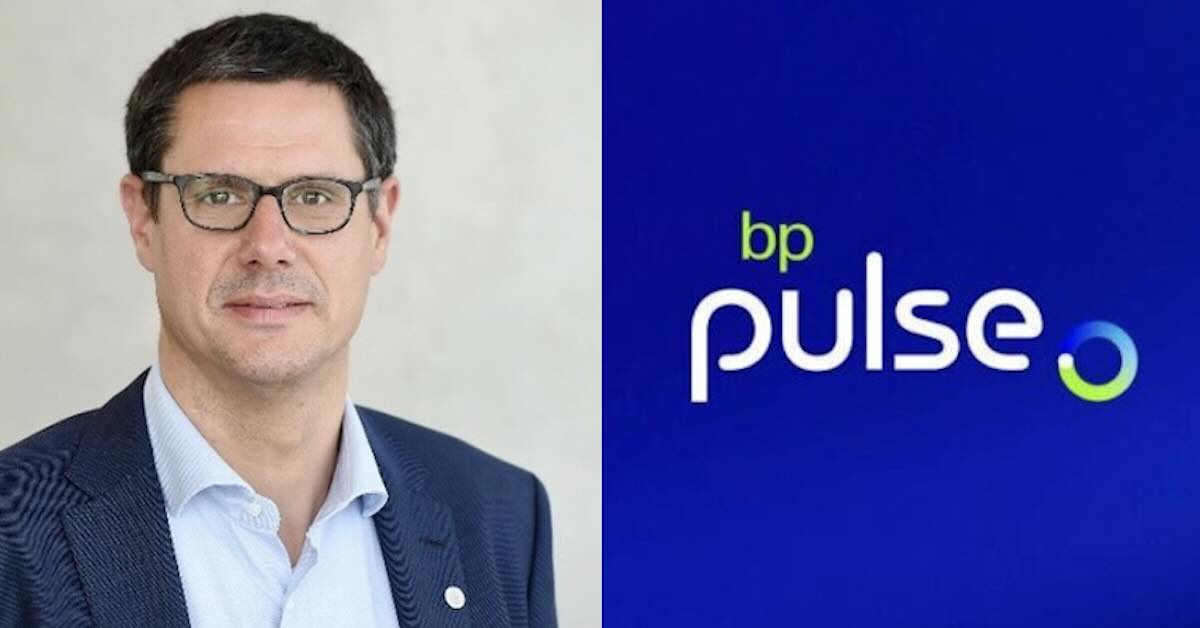BP Pulse has acquired one of Europe’s largest truck stops as part of a plan to expand its EV charging network for Heavy Goods Vehicles (HGVs). The seller is GSE Group. Financial terms of the deal were not disclosed.
This is M&A deal number 149 that Sustainable Tech Partner has covered so far in 2024. See all M&A deals involving sustainability, climate tech and green IT services listed here.
BP Pulse is BP's electric vehicle (EV) charging business. The company operates EV charging networks in the United Kingdom, Germany, the Netherlands and the United States.
The acquisition is part of a BP Pulse strategy that "aims to create a network of mobility hubs along key logistics corridors across UK & Europe providing freight operators with a range of energy options, including traditional fuels to support its fleet customers at every stage of their decarbonisation journey," the buyer said. BP Pulse's global strategy seeks to operate more than 100,000 charging points by 2030.
Why BP Pulse Acquired Truckstop: EV Charging Location, Location, Location
The Ashford International Truckstop is close to Dover -- the United Kingdom's busiest ferry port -- and LeShuttle Freight via the Eurotunnel terminal in Folkestone, BP Pulse said. The 21-acre site already offers 660 parking bays and convenience services for HGV drivers, the buyer noted.
BP Pulse expects to deploy at least one mega-watt charger at the truckstop by 2026. A mega-watt charger has the potential to fully charge an HGV in up to 45 minutes, enabling a range of ~310 miles (500km) in a single charge, depending on EV model, battery, the weather and driving conditions, the company said.
In a prepared statement about the acquisition, BP Pulse Europer GM Stefan von Dobschuetz (pictured, top of page) said: “For fleet operators to consider going electric, they must be confident that the infrastructure is in place to support them. That is why we are thrilled to have secured the land to a crucial site near Dover as we strive to meet the evolving needs of HGV operators transitioning to EVs.”
Added Darrell Healey, chairman of GSE Group: “We know the industry, including many of our clients, want to go electric. They will need convenient and quick charging infrastructure in the right locations, which is why the combination of the truck stop at Ashford and bp pulse works so well."
BP Pulse will operate and manage the truckstop's EV charging infrastructure, while a GSE Group company will lease back and operate the existing site facilities.
EV Charging Infrastructure: Mergers, Acquisitions, Growth and Challenges
This is the EV charging industry's second acquisition in recent days. The other deal involved Wattif buying Laddel, a ChargePoint operator in Kristiansand, Norway.
The M&A activity surfaces amid a time of growth, consolidation and intense competition across the worldwide EV charger infrastructure market.
Among the market forecasts to note:
- Technavio forecast: The overall EV charging infrastructure market is expected to generate a 30.75% compound annual growth rate (CAGR) from 2023 to 2028, according to a Technavio forecast.
- Custom Market Insights forecast: The overall EV charging market is expected to reach about $123.04 billion by 2032, up from $35.47 billion in 2023, according to Custom Market Insights. That's a compound annual growth rate (CAGR) of about 27%, the report said.
Still, some EV charging network buildouts have faced reliability and competitive challenges. Amid that backdrop, numerous EV car companies are embracing Tesla's North America Charging Standard (NACS) while also building EV charging alliances without Telsa.
EV Charging: Some Layoffs, More Acquisitions?
Amid that backdrop, multiple EV charging companies have been navigating some layoffs while others have been pursuing acquisitions. Example moves include:
Meanwhile, it's a safe bet that both BP Pulse and Wattif will seek to make additional EV charger infrastructure acquisitions. We'll be listening closely for M&A updates.




